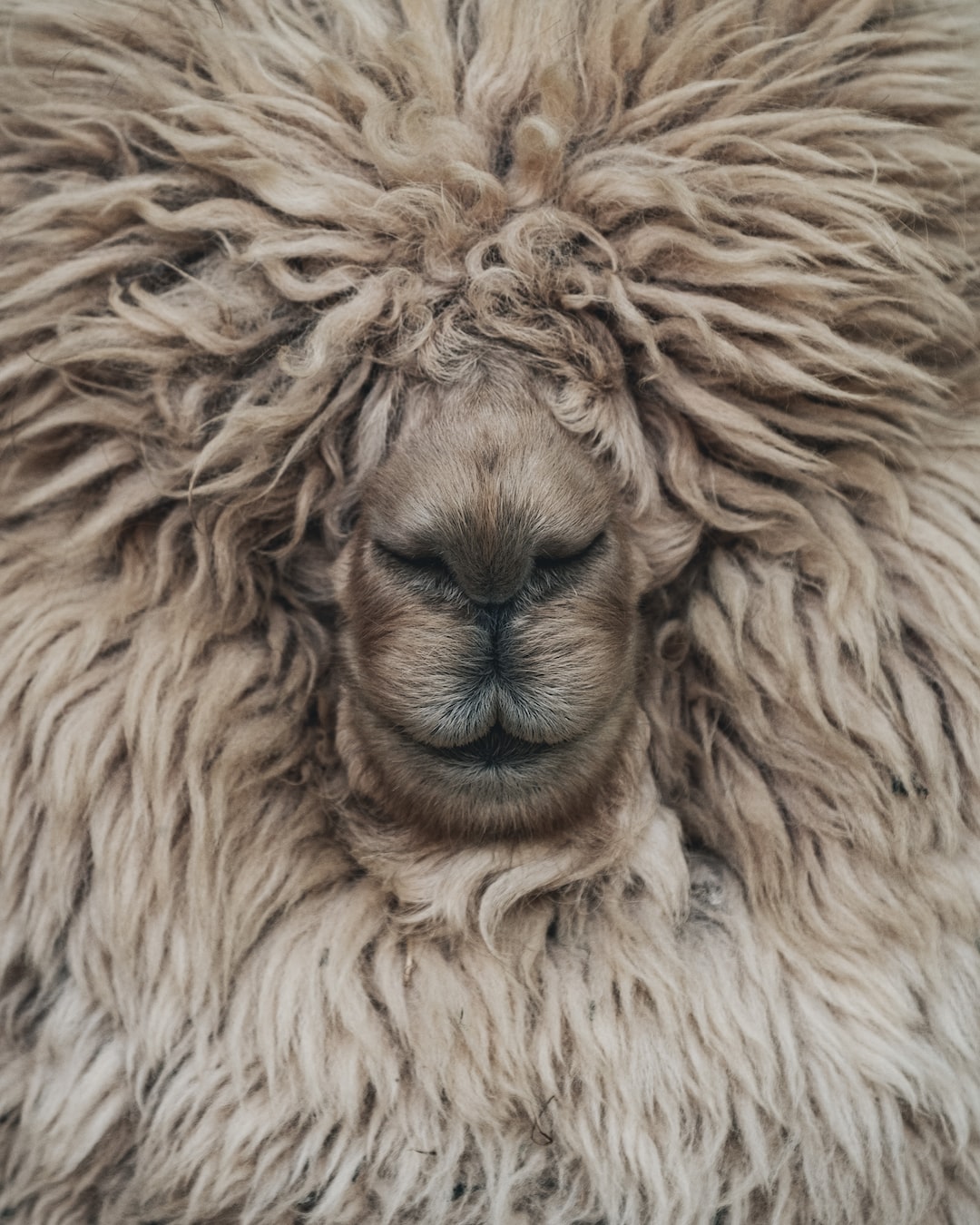Exploring the Ecological Role of Predators in Maintaining Ecosystem Balance
In the intricate dance of nature, the balance between different species is a crucial element for the sustainability of ecosystems. While all organisms play a role, predators hold a particularly important position in preserving this delicate equilibrium. Predators serve as nature’s regulators, influencing population dynamics, shaping community interactions, and promoting the overall health of ecosystems.
Population Control:
One of the primary roles of predators in maintaining ecosystem balance is population control. By regularly hunting and preying on other species, predators prevent the unchecked proliferation of certain organisms. These “keystone” species help regulate the population sizes of their prey, preventing them from overwhelming the ecosystem or depleting critical resources.
For instance, in the African savannah, lions play a vital role in controlling herbivore populations such as zebras and wildebeest. If left unchecked, these herbivores could overgraze the grasslands, leading to habitat degradation and endangering the survival of other animals dependent on that ecosystem. The presence of predators ensures that herbivore numbers stay at appropriate levels, allowing the vegetation to regenerate and maintaining a healthy ecosystem.
Ecosystem Resilience:
Predators also enhance the overall resilience and stability of ecosystems. By selectively preying on certain species, they indirectly influence the distribution and behavior of other organisms within the community. This ripple effect is known as a trophic cascade.
In the Pacific Northwest, gray wolves were nearly eradicated in the early 20th century. With their absence, the population of herbivores, such as elk, multiplied and began overgrazing the landscape, disproportionately impacting vegetation and other herbivores. However, after wolves were reintroduced in the 1990s, their predation on elk led to a remarkable recovery of plant species and an improvement in the vitality of riparian habitats. This trophic cascade demonstrates the critical role predators play in shaping ecosystems, supporting a web of life interconnectedness.
Species Diversity:
Predators also contribute to species diversity by influencing community interactions and preventing the dominance of particular species. Without predators, competitive species may outcompete others, leading to reduced biodiversity and ultimately weakening the ecosystem.
For example, sea otters have a crucial role in the kelp forest ecosystems of the Pacific coast. These charismatic predators feed on sea urchins, which in turn graze on kelp. Without sea otters, the sea urchin population would explode, leading to the decimation of kelp forests. These dense marine habitats provide refuge and food for countless other species, ensuring a rich and diverse ecosystem.
Stabilizing Food Webs:
Predators occupy higher trophic levels and integrate the intricate network of the food web. Their presence stabilizes the flow of energy and nutrients in ecosystems, maintaining the balance between producers, consumers, and decomposers.
By preying on weaker individuals, predators selectively remove individuals that may be diseased, old, or injured, in turn, reducing disease transmission and maintaining the overall health of the population. This “ecological cleansing” crucially contributes to the persistence and sustainability of ecosystems.
Thus, understanding and appreciating the ecological role of predators is key to their conservation and the overall health of ecosystems. However, it’s important to acknowledge the complexity of predator-prey interactions, as well as the potential threats posed by human activities, such as habitat destruction and climate change.
Conservation efforts should focus not only on protecting individual predators but also on preserving the habitats and resources that sustain these vital species. Restoring and preserving predator populations have the potential to rejuvenate ecosystems, enhance biodiversity, and ensure the long-term stability of our natural environment.
In conclusion, predators play a crucial role in maintaining ecosystem balance. Through population control, resilience promotion, species diversity, and stabilizing food webs, predators contribute to the vitality and sustainability of ecosystems. Recognizing the importance of these roles and advocating for the conservation of predators is essential for preserving the beauty and resilience of our natural world.

